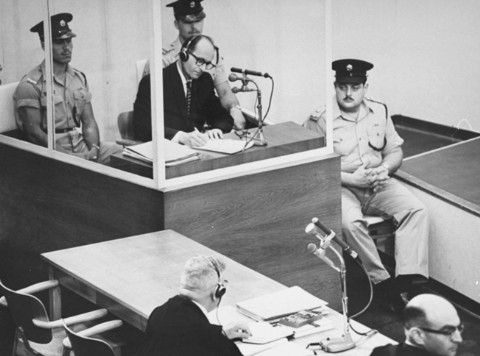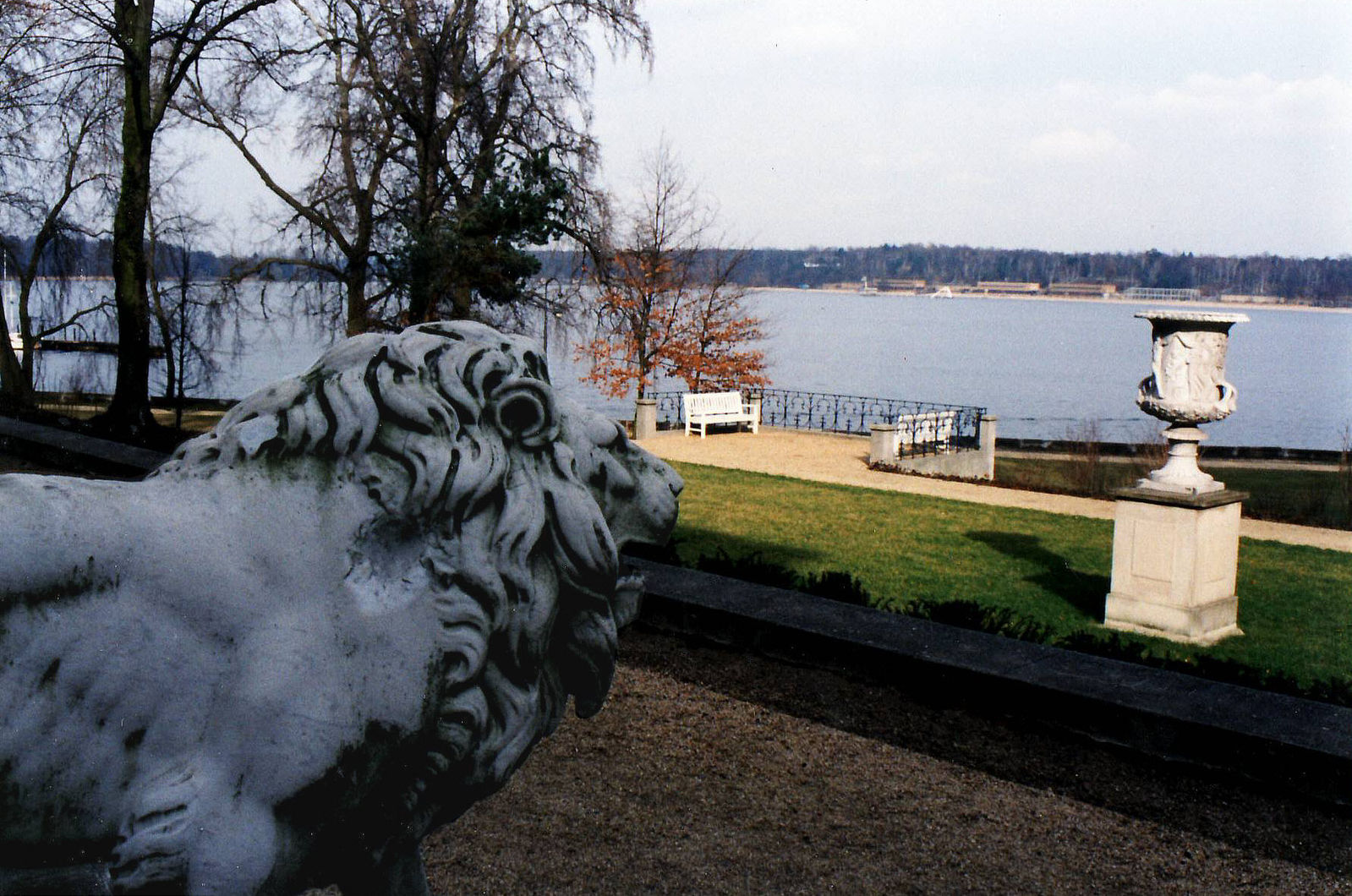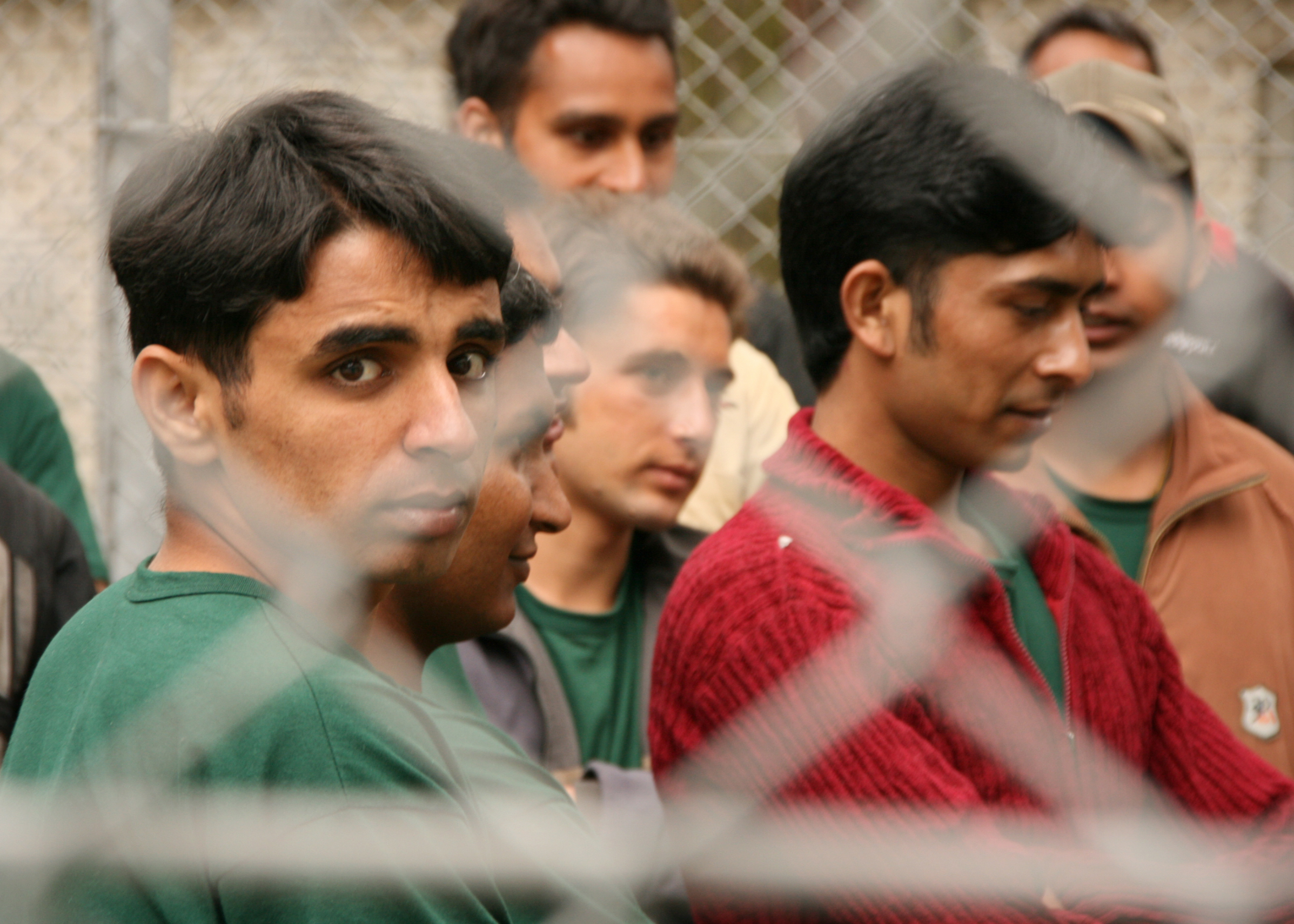It’s not just institutions but also social life that can produce these kinds of banal thoughtlessness. Arendt is often misunderstood. She believed quite dogmatically in divisions between private life, which she wanted to protect, the social, which she thought was tyrannical, and the political realm, where she wanted people to make judgements. She saw the social as attacking both politics, in which all politics becomes a question of social tastes or norms, and, just as catastrophically, private life.
As a feminist, you might have issues with this because a lot of what happens to women, as well as a lot of race struggles, are based on what happens in private life, which doesn’t get to see the light of day. But if we think about the growth of the social, we think about how social media has pushed out a sense of politics being a space for debate and for accountability, and how it has encroached radically on our private lives. There’s not a moment when we’re not somehow performing a version of ourselves for social consumption.
So, this isn’t about bureaucratic, heavy-handed Soviet or Nazi institutions. It’s about what happens in our versions of the social, and, as Arendt would add, what happens to political accountability in that mode.
There’s a sense, and I’m not the only person to commentate on this, in which we’ve almost switched over. What should be publicly known – who gets what contract, how things are being paid for, who owns the money, what kind of system is working for which politicians – is now going to be private. Those are considered private questions that we can’t ask our politicians. It’s completely switched around from the way that Arendt thought it should be. We need to be very watchful about that. When Arendt uses that phrase “an attentive facing up to reality”, maybe the key word there is “attention” – attending to what is happening in front of us, rather than this endless consumption and creation of social anxiety and social pleasure, which blinds us to what is happening.


